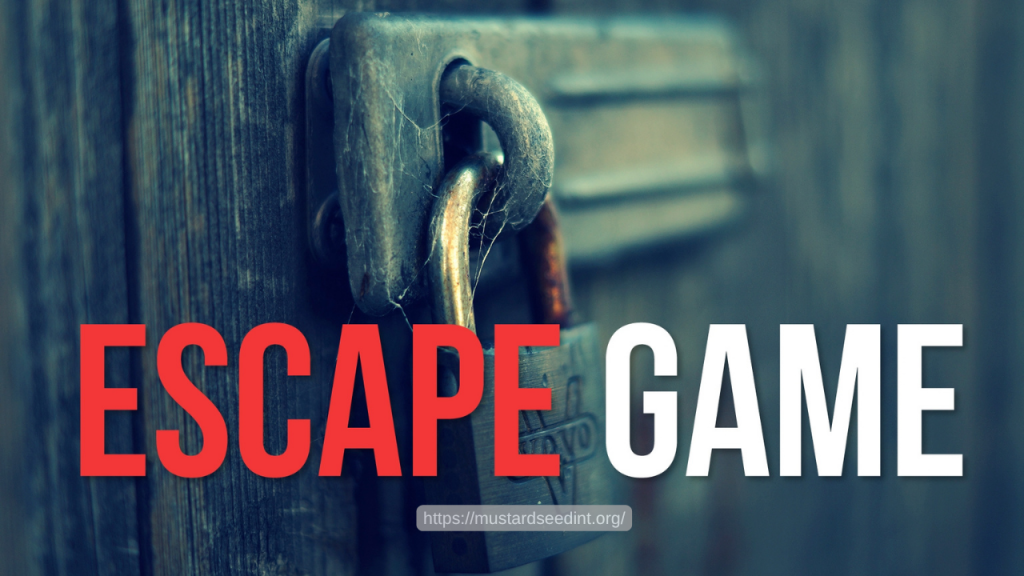
In a world filled with stress, deadlines, and emotional pressure, many people turn to video games as a way to unwind. Gaming can provide excitement, social connection, and a sense of accomplishment that may feel out of reach in daily life. However, when used primarily as an escape from emotional struggles, gaming can become a psychological trap. The line between healthy recreation and dependency can blur, leading to long-term mental health challenges and even addiction.
At Mustard Seed, we understand the complex ways in which gaming intersects with emotional well-being. Our holistic, faith-based, and individualized programs support individuals in reclaiming balance, processing underlying emotional pain, and developing healthy coping strategies.
Why Gaming Feels Like a Safe Escape
Video games offer immediate rewards, immersive worlds, and opportunities to succeed in a controlled environment. For someone dealing with stress, anxiety, or unresolved trauma, this sense of control can feel reassuring. The structure, goals, and social elements of gaming provide a temporary relief from emotional challenges, creating what many experience as a “safe zone.”
While this escape can be comforting, it can also prevent individuals from addressing the root causes of their stress. Relying on gaming as the primary coping mechanism can interfere with emotional growth and increase vulnerability to addiction.
Recognizing the Psychological Trap
Understanding when gaming has shifted from leisure to avoidance is key to early intervention. Signs of stress-driven gaming dependency include:
- Choosing gaming over social interaction or personal responsibilities
- Using games as a primary method to cope with negative emotions
- Experiencing irritability, anxiety, or restlessness when not gaming
- Spending increasing amounts of time playing despite negative consequences
- Feeling guilt, shame, or regret over gaming habits
These behaviors indicate that gaming is masking deeper emotional struggles rather than providing healthy relief.
The Emotional Impact of Avoidance
Escaping into gaming can temporarily reduce stress, but it does not resolve underlying issues. Avoidance can lead to emotional suppression, social isolation, and reduced resilience. Over time, this pattern can exacerbate feelings of depression, anxiety, and frustration. The longer the cycle continues, the more difficult it becomes to cope with real-life challenges without the comfort of the game.
Holistic Strategies for Recovery
At Mustard Seed, we address both the behavior and the emotional root causes of gaming dependency. Our programs offer comprehensive support, including:
- Professional counseling to explore stress, trauma, and emotional triggers
- Faith-based guidance to restore hope, purpose, and spiritual resilience
- Group therapy to foster connection and reduce isolation
- Practical tools for time management and emotional regulation
- Holistic practices such as mindfulness, physical activity, and creative expression
By approaching recovery from a holistic perspective, individuals learn to process emotions, face challenges directly, and build healthier coping mechanisms.
Reclaiming Balance Beyond the Console
Recovery is not about giving up gaming entirely but about establishing balance and control. Healthy alternatives to emotional avoidance include mindfulness, physical exercise, journaling, social engagement, and structured daily routines. Learning to address emotions directly empowers individuals to manage stress effectively while reducing the risk of dependency.
Take the First Step Toward Healing
Gaming can be enjoyable and even beneficial when balanced with healthy coping strategies. If you or a loved one finds that gaming has become a primary escape from stress or emotional pain, help is available. At Mustard Seed, we provide compassionate, client-centered care to guide individuals toward lasting recovery and emotional resilience.
Reach out today to take the first step toward freedom from the psychological trap of gaming and toward a life of balance, purpose, and healing.